The future of Welcoming International Talents
Edited on
03 February 2021Our URBACT project is in the last phase, soon it will be over. However, this should not mean that cities (partners and others) should stop with welcoming internationals. Text by the project lead partner, Jan Kees Kleuver.
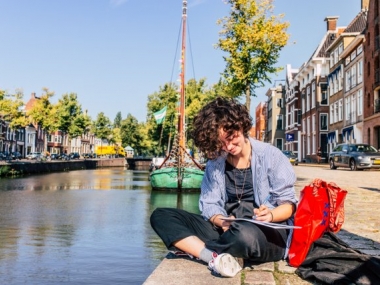
During the project, I learned a lot about migration in different countries. What struck me most, is that migration has fundamentally changed. In the past, we have had a few migration-waves: decolonization, labour-migration from the Mediterranean to Western Europe, migration due to wars. But now we see a new pattern, due to globalization of economies and due to the forming of an European Union. It is a form of career-migration, migration to form and expand one’s life.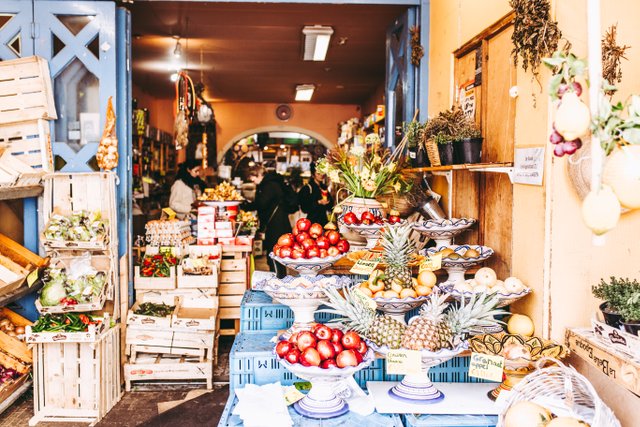
Now, young people can study abroad, for longer or shorter periods. After study, they are going to work, wherever the best opportunities are. They are highly mobile, a year in Amsterdam, 2 years in Barcelona, a few years in the country of origin, they partner up with someone from another origin, who is also an international talent. They settle and go, wherever they feel they can live, work and grow.
While the traditional migrants still exist, more and more new migrants are living in our cities. The Dutch Scientific Advisory Board for the Government (WRR) has recognized this, and published a study on this new phenomenon. They signal a larger proportion of migrants, far more divers in origin, and far more divers in motives, time of stay and interaction. In the Dutch cities, this proportion can run up to a majority of the population, depending on the type of city. In Groningen it is about 30% and on the rise.
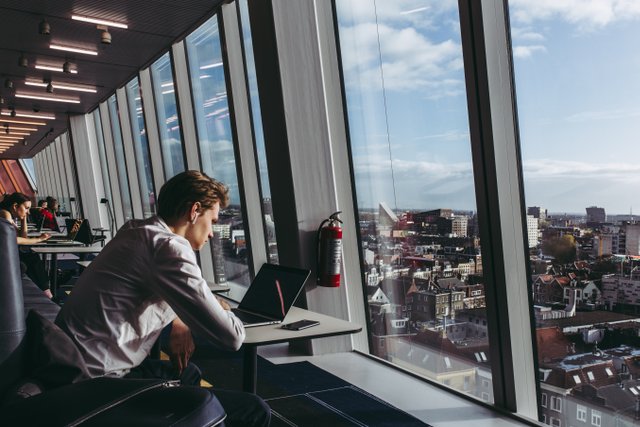 The WRR advises cities to act on this. We need to welcome our internationals, we need to provide access to services, and we need to make sure that this rich diversity does not lead to lack of inclusion. I don’t use the word integration in this context, because the fraction of migrants is so large that our society needs to adapt to a new normal, instead of migrants adapting to an existing culture.
The WRR advises cities to act on this. We need to welcome our internationals, we need to provide access to services, and we need to make sure that this rich diversity does not lead to lack of inclusion. I don’t use the word integration in this context, because the fraction of migrants is so large that our society needs to adapt to a new normal, instead of migrants adapting to an existing culture.
Also, our mindsets and the mindsets of our governments have not changed as quickly as the diversity of our population. Many political leaders, locally and nationally, do not recognize the importance of welcoming and inclusion policies. The cities don’t get funding, there is a lack of ownership. Even in Groningen, the best practice city, welcoming policies are still seen as a project rather than as ongoing concern.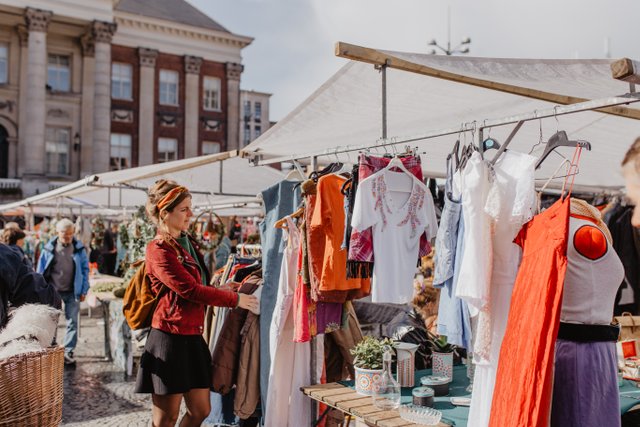
My hope is that the URBACT Welcoming International Talent project’s legacy will be that we have seeded a new vision on the importance and permanence of migration of talent, and that from these seeds, in the 7 cities and beyond, some flowers will grow!
Images by Stella Dekker
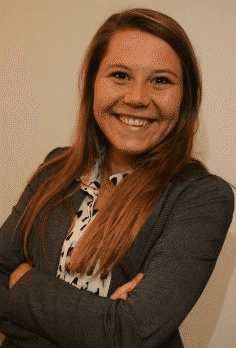 Submitted by Evite van Winkoop on
Submitted by Evite van Winkoop on
